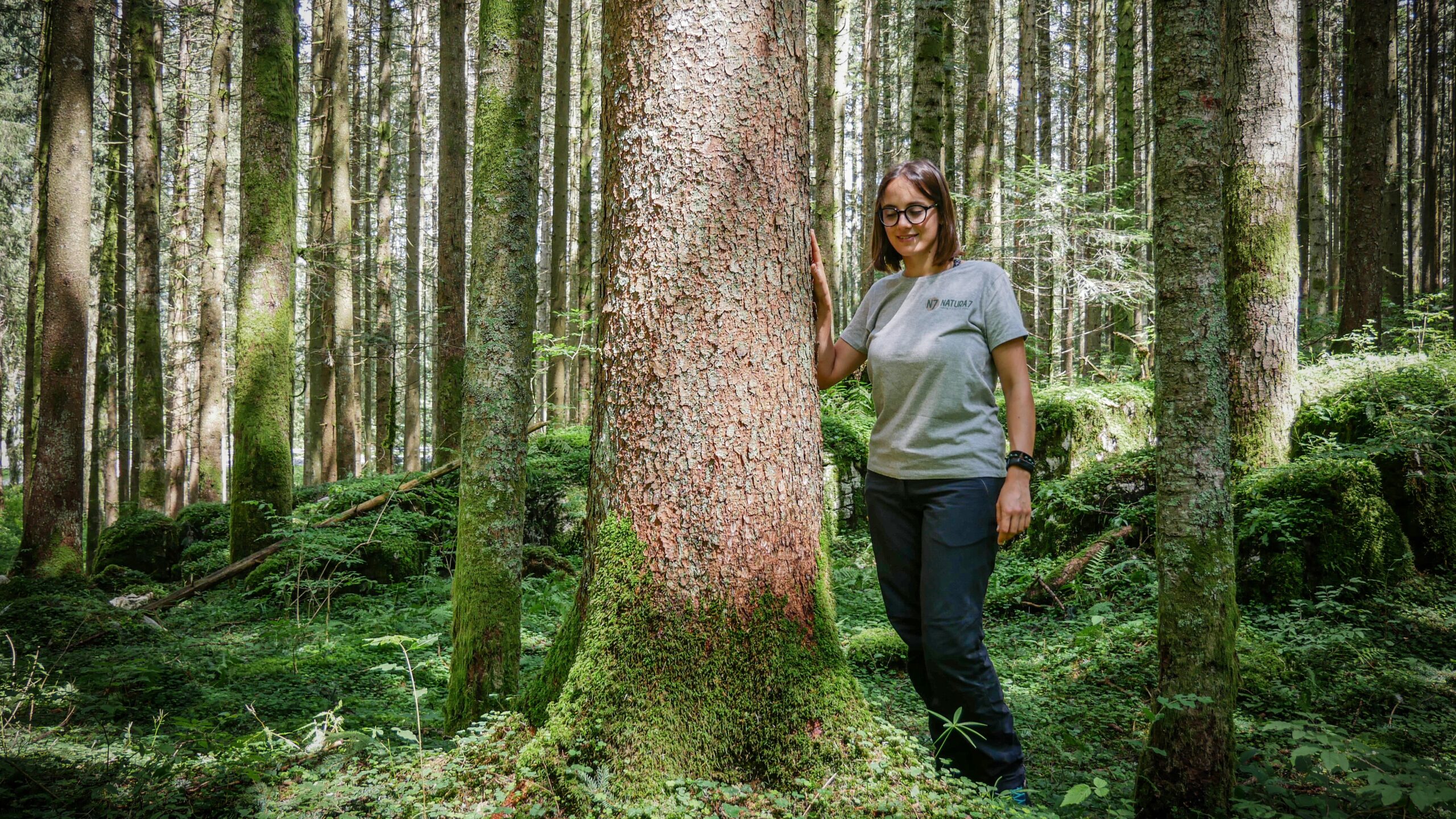Building individual and community RESilience thrOugh NATurE-based therapies
- Nature Governance
- EU Commission
- ItalyAustriaBelgiumBulgariaDenmarkNetherlandsSpainSwedenUnited Kingdom
- 2023
- resonate-horizon.eu



Led by environmental psychologist Dr. Mat White at Vienna University’s Cognitive Science Hub, the consortium consists of world leaders in NbT research, practice, policy, and innovation in Austria (Green Care Austria, Paracelsus Medizinische Privatuniversität Salzburg), Belgium (EuroHealthNet), Bulgaria (Meditcinsky Universitet-Plovdiv), Denmark (Københavns Universitet), Italy (Universita degli Studi di Padova, ETIFOR), the Netherlands (Natuurvoormensen Omgevingspsychologisch Onderzoek, Universiteit Twente), Spain (ISGLOBAL, AZTI), Sweden (Nature Based Solution Institute, Uppsala Universitet), and the UK (University of Exeter, funded by UKRI), with additional expert oversight from leading NbT researchers/practitioners in Australia (University of Wollongong), Canada (University of British Columbia) and the US (Cornell University, University of California San Francisco).
As a consequence of global development dynamics such as urbanisation, climate change, and an ageing population, there is now a global increase in non-communicable and chronic diseases. These types of diseases are closely linked to environmental exposure, pollution, and lifestyles. At the same time, climate change and urbanisation are increasing pressure on the environment and ecosystems, which are increasingly under threat but often also represent a solution for adaptation and mitigation of the effects of the climate crisis and a resource for our health. Natural environments are able to reduce certain stress factors that are harmful to our health such as air pollution, high temperatures and noise, and their frequentation has a positive effect on mental and physical health.
For this reason, nature-based therapies (NbTs) are being developed and tested in Europe and all over the world, to promote healthy lifestyles, do prevention, treat ailments and disabilities, do rehabilitation and treat numerous diseases in an integrated way with traditional therapies. Consequently, health promotion and disease prevention through contact with nature is a cross-cutting theme in several EU actions such as the EU Green Deal and the European Biodiversity Strategy 2030, which states the need to ‘bring nature back into our lives’.
The problem
Although there is growing evidence of their effectiveness and despite the EU’s clear call for action in this direction, the dissemination and health system adoption of NbTs is not yet on a large scale. There is a need to understand what are the causal mechanisms by which nature has benefits on our health; what can we learn from best practice innovations globally that could be adapted to the European context; what sectors and stakeholders need to be involved to ensure that nature-based innovations are not only effective but also equitable and sustainable; and how can acceptance, replicability and funding in this area be supported?
The project
RESONATE will bring together a consortium of world leaders in Nature-based Therapy (NbT) research, practice, policy, and innovation with stakeholders in the health, environmental, economic, and societal sectors. to:
- build a stronger causal evidence base of the links between nature, health, and well-being by demonstrating nature’s biopsychosocial resilience building capacities;
- demonstrate how multi-sectoral stakeholders can collaborate to implement locally acceptable and inclusive NbTs;
- increase awareness and acceptance of these benefits among the public, multi-sectoral stakeholders, and policy makers; and
- ensure wider utilisation of cost-effective NbTs, to help build more resilient individuals and communities in urban, rural, and coastal settings.
This will be achieved through a mapping of existing NbT, nine case studies (CS) and social innovation actions, covering eight countries and both urban and rural/coastal contexts. The CS will collect data on four areas: health, environment, economy and society. Results will include effectiveness, mechanisms, equity (fairness/inclusiveness), environmental sustainability, cost-effectiveness and social acceptability. Selected CSs will develop a social innovation action ‘Nature-based Resilience Hubs’ to demonstrate best practice in cross-sectoral collaboration and market potential. The results will then be synthesised to provide indications of replicability potential and summarised in a Toolkit with practical guides and tutorials aimed at different end-users, for large-scale NbT implementation. Finally, an international expert advisory board, composed of global NbT leaders, will support integrated communication, dissemination and exploitation activities to achieve maximum dissemination and effectiveness.
Our contribution
Etifor is responsible for the development of Work Package 6 on the economic potential and financing opportunities of NbT. This work package has 3 key objectives involving the investigation of:
- the economic value of beneficial ecosystem services for health/well-being derived from nature;
- the cost-effectiveness of such therapies, comparing them with traditional alternatives;
- public and private markets and the financial potential of NbT for different sectors.
Furthermore, Etifor will work closely with the other partners to ensure the coherence of the other actions, and in particular will support the cross-sectoral scenario analysis to understand what works in the case studies, the implementation of the Italian case study, the assessment of the social acceptance of NbTs practices and the innovation actions.

‘Building individual and community RESilience thrOugh NATurE-based therapies’ (aka RESONATE) is funded by the European Union’s Horizons Europe Research and Innovation programme under grant agreement No. 101081420 and co-funded by the UK Research and Innovation grant award No. 10063874.

